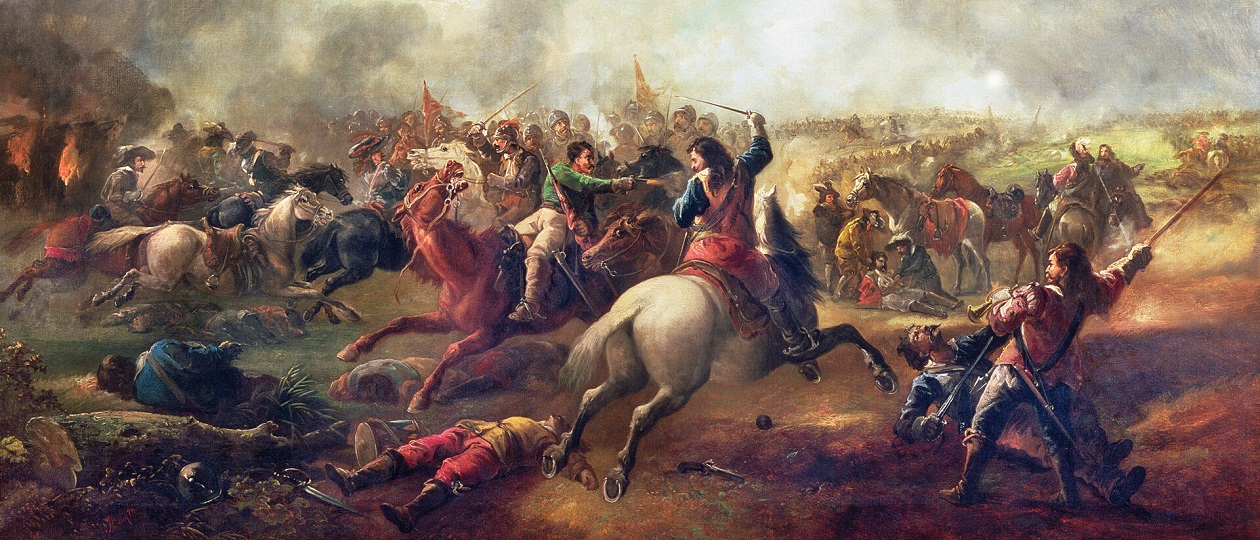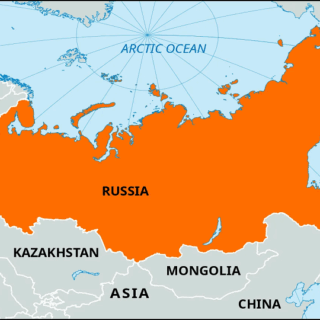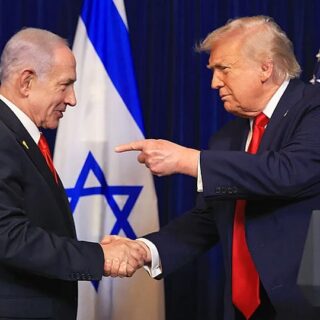
On July 2, 1644, the famous Battle of Marston Moor took place, in which the parliamentary army under the command of Oliver Cromwell and the Earl of Manchester was victorious.
This was the first serious victory of the parliamentary army. But the Civil War in England had been going on for almost two years. Moreover, on the side of the parliament were the richest and most prosperous counties, money and resources, and in number the army of the parliament was significantly superior to the army of the king, controlled by the “cavaliers,” as, according to legend, the queen called them. But there were a number of “buts”.
Firstly, there was no political will. More precisely, in the Long Parliament the majority was on the side of the Presbyterians, moderate politicians who advocated a compromise with Charles I, tried to come to an agreement with the king, and, accordingly, were not ready to really fight with him.
And who did this army consist of and, most importantly, who was it commanded? Soldiers were recruited in the counties by their own landowners and were reluctant to fight far from their native lands. Therefore, motivation was low and there was no discipline. As for the leadership, the army was commanded by princes, counts, aristocrats, in a word, who had to fight, who had something to lose and what to risk, who had warm homes and who were suspected of secret sympathies for the king.
And only after two years of such waltzing, Cromwell, belonging to the independent minority, more radical and decisive politicians, who understand that it is useless to negotiate with the king, takes the initiative into his own hands. He creates an army of a “new model”, which was formed not by connections and family ties, but by abilities and talents, and appoints to officer positions those who have proven themselves in battle, even if they are a cooper or a shoemaker.
Just as important, this army had an idea. After all, the Independents were staunch Puritans, and an army was formed from such people: soldiers went to fight for faith, for God, for an idea. Strict discipline reigned in the army, and one of the main means of education was the study of the Holy Scriptures by soldiers. Because of their short, circle-cut haircut, they were called “roundheads.”
When, in the autumn of 1644, members of the Long Parliament announced the impossibility of further funding for the war, the Independents responded by proposing a kind of “inventory” of the army: in accordance with the “Act of Self-Denial”, all members of the House of Lords and the House of Commons had to give up command posts in the army.
The only exception was made for Oliver Cromwell, who reorganized the armed forces of Parliament, combining three irregular armies into one regular army under the command of Thomas Fairfax. Thus began the change.
A year later, on June 14, 1645, another famous battle took place, at Naseby, which largely determined the outcome of the war. The royalists simply did not have any troops left capable of resisting Cromwell’s army.





